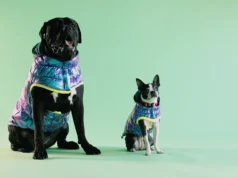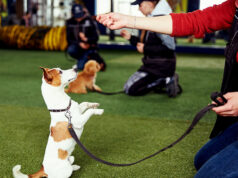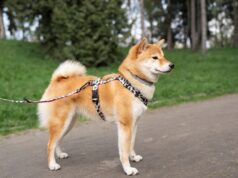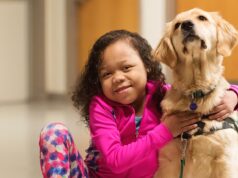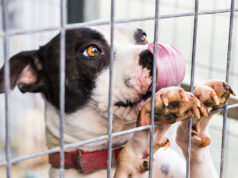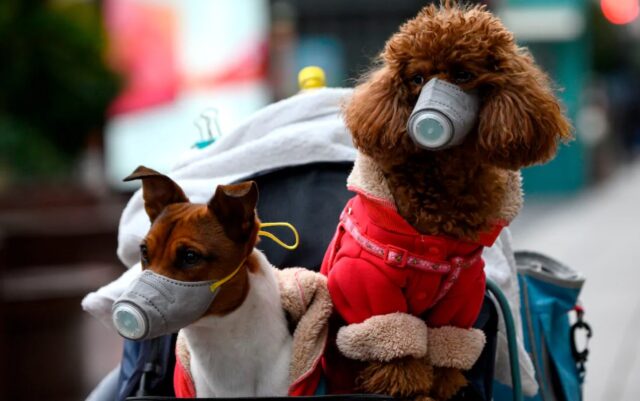
Since when the first case of coronavirus was reported last year, the internet has exploded with tips and measures that we can take to protect ourselves from the virus. The World Health Organization WHO has recommended various measures to combat this virus, including social distancing and frequent hand washing.
But even as we take these measures, we must think about our pets as well. They are part of our family, with statistics showing that one in every four Americans has a pet. Therefore, it makes a lot of sense that we’ve dedicated this post to let you know how to keep your pet safe during the pandemic.
1. Wash Your Hands Before Touching to Pets
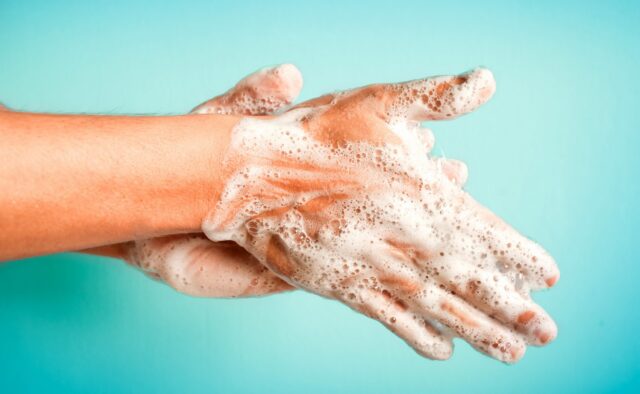
WHO and other health agencies have said that COVID-19 is spread through contact with an infected person. While there is no indication that coronavirus can make pets ill, it’s imperative to follow basic hygiene practices when interacting with animals.
Ensuring that your hands are always clean is the first step towards better practice. Wash your hands or use a sanitizer regularly and more so before touching your pet, their food, and their supplies.
2. Stock Up High-Quality Food and Supplies
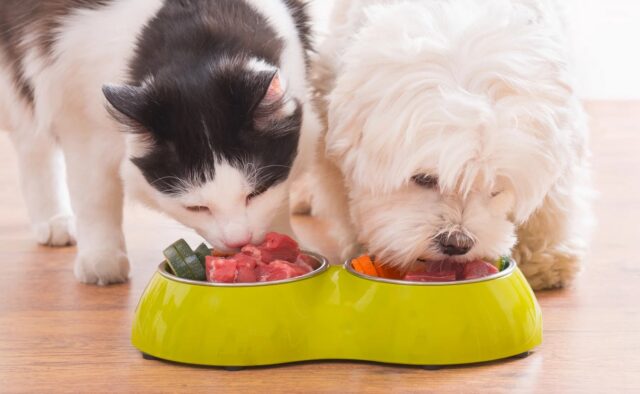
As with humans, your pet will require good nutrition during the pandemic. Stock up high-quality food and ensure that you feed them like any other day.
If possible, purchase food that can take you up to two months. It’s also essential to ensure that it is kept hydrated. If you can’t get your regular pet food, consult your vet to see how you can transition to another food.
You’ll also need to purchase essential supplies to help you in case of an emergency. They are also at risk of parasitic infestations. Visit PetCareRx.com to see the top sellers of pet medications. Whether it’s ticks, fleas, or even heartworm infestations, this website will come in handy.
If your pet needs a special diet based on their age, breed, or even weight, their startups will provide these options. Even so, ensure to talk to your vet before you introduce new food to them.
3. Don’t Neglect Vet Consultations and Vaccinations
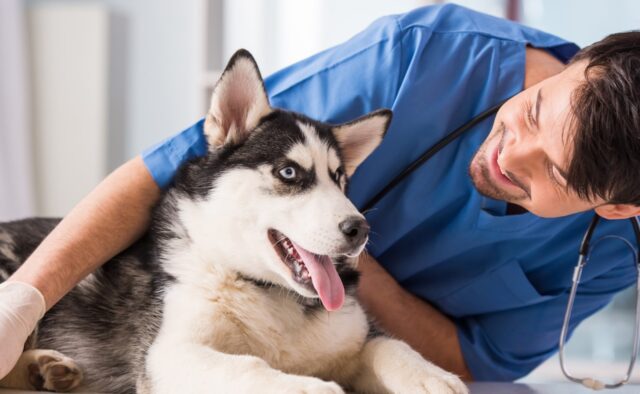
Pandemic or not, vet consultations and vaccinations can’t be ignored. Thanks to the internet and technology, you can reach out to a veterinarian and get answers regarding your pet’s health without having to take it to the vet.
Another option is to book Vet on Call service and have your vet come to your home to check your pet. Ideally, ensure you have your vet’s contact and other emergency numbers that you can call if your beloved one needs emergency care.
Vaccinations are also essential to protect your pet from communicable diseases. Ensure that it does not miss any vaccinations.
4. Treat Them with Care
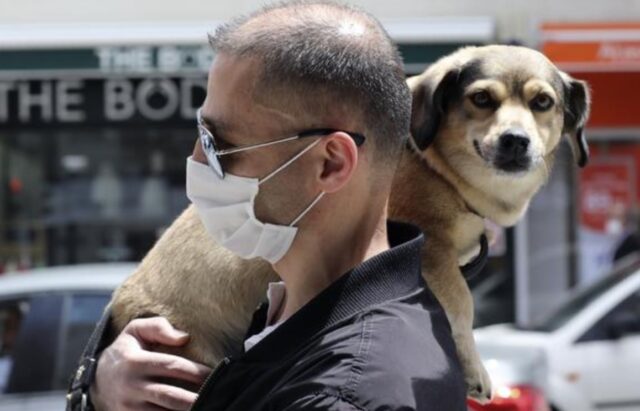
As earlier stated, there’s no evidence that pets can be affected by a coronavirus. While your pet cannot spread the virus, if droplets from an infected person fall on it’s fur, there’s a possibility you’ll get the virus when you interact with the pet.
To be safer than sorry, ensure that they are not interacting with people or other animals outside.
5. Designate Someone to Take Care of Your Pet in Case of an Emergency
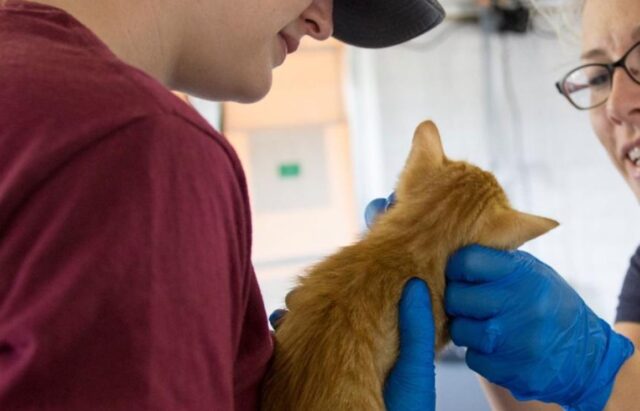
No one knows when the pandemic will end. While you’re taking all the measures to protect yourself, you need to have a person who can take care of your pet if you become ill or you’re unable to take care of it.
It can be a relative, neighbor, or close friend. It would help if you also considered signing your pet up for reliable pet insurance like Bivvy. Pet insurance is a health care policy for your pet that reimburses you for certain medical expenses. In the event of a surprise accident or illness, having a pet insurance plan can protect your finances.
Ideally, you must ensure that you are not around your pet if you become ill and that it is well-taken care of.
6. Exercise with them
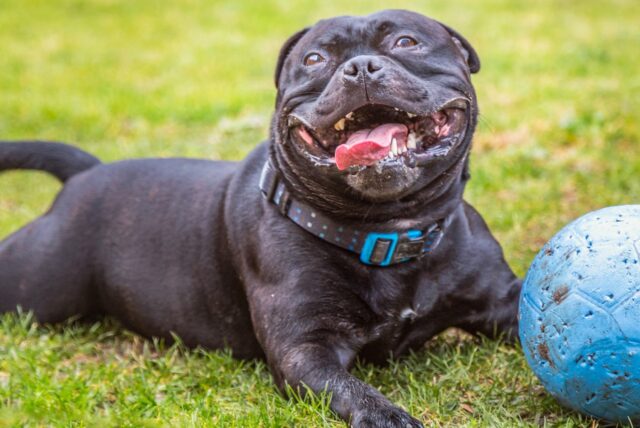
Lack of exercise can affect your pet’s health. While you can create a strong bond with your pet by watching cool videos, engaging in exercises is much better.
Consider walking your dog in the neighborhood when there are fewer people in the streets. You can also keep them engaged and active with obstacle courses and games in the house.
7. Allow Your Pet Some Privacy
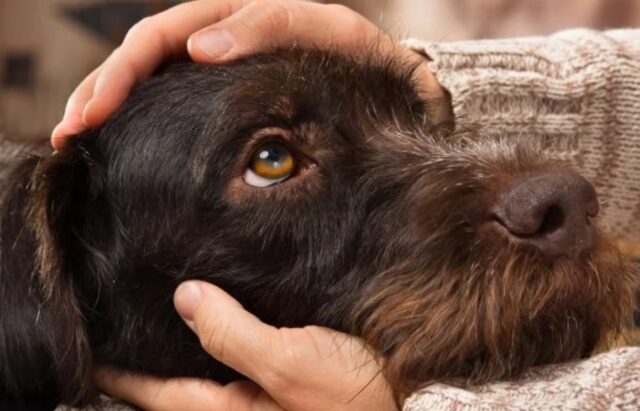
Just because you’re always home doesn’t mean that you should control everything your pet is doing. As with humans, they will need their own space. Ensuring that it has a place to retreat will not just make them happy but healthy as well.
This is also important as it will make it easier for them to adjust when you get back to work. They are habitual creatures, and a sudden change can throw them into anxiety.
8. Do Not Overfeed Your Pet
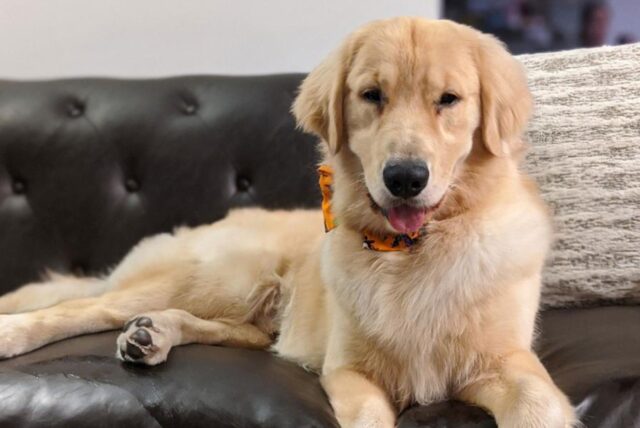
If you are not careful, it’s easier to stress eat yourself now that we’re at home most of the time. We can also overfeed our pets as well. This is a bad habit as it can lead to obesity, which can complicate things for your pet.
To avoid this, ensure to feed them as you did before the COVID-19 lockdown. If food is not available, ask your vet for the best alternatives.
9. Avoid Stressing Your Pet
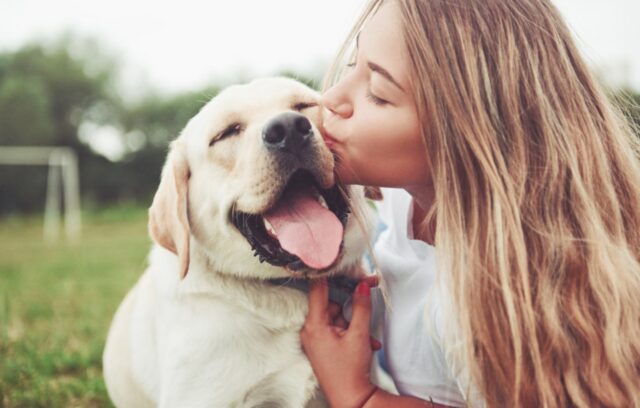
Although you love and care for your pet, it’s obvious that you were not used to staying with them the whole day. Sometimes you may lose your calm if your pet behaves unpleasantly. This can stress your pet and cause them to act in a way that will make you anxious.
Try and stay calm and give them your attention. When you treat your them calmly, both you and your pets will remain relaxed and happy. Of course, you can’t stay with them the whole day, but ensure to give them some minutes of undivided attention each day.
10. Maintain a Schedule
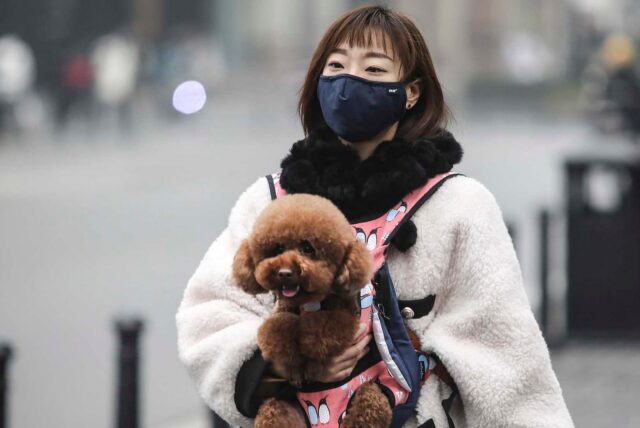
Most people have had a disrupted schedule due to the pandemic. Our lovely pets have also been affected.
To ensure that your lovely pet is happy and comforted, consider developing new routines. If possible, continue feeding and exercising them on a similar schedule. Otherwise, develop other routines that will help them get used to the new reality.

